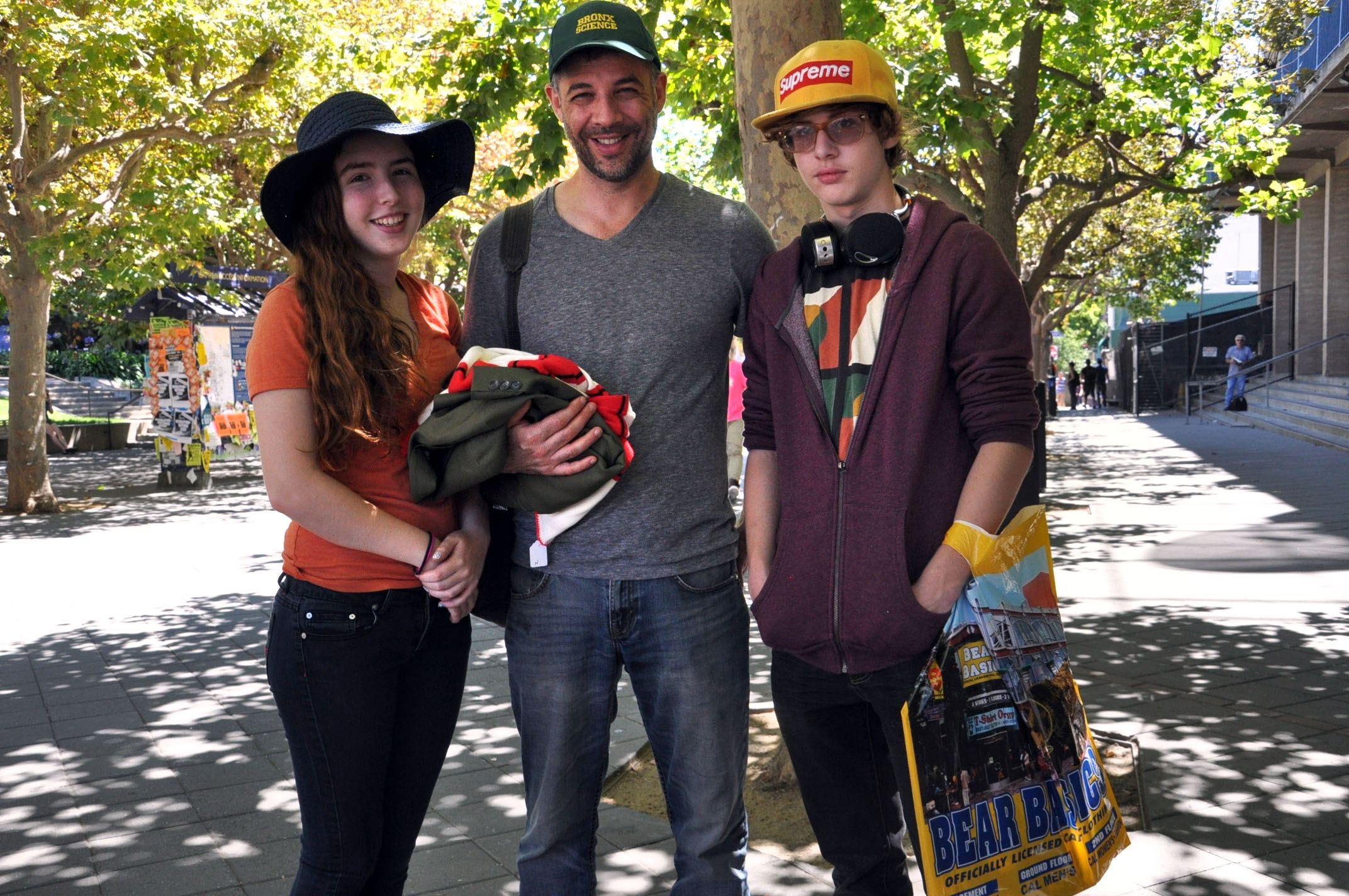
As an immigrant society with no common culture, we Americans have always been blessed with the ability to make things up as we go, be it baseball, jazz, the Internet … even Mormonism. Yet, when it comes to parenting, we’ve become obsessed with finding the one best way — whether it’s learning to raise our kids like the Chinese, the French, Finns, or whatever other group is in fashion today. It’s time to stop. No one culture has parenting down pat; there’s no one best model that we can look to for all the answers. And that’s a good thing. Parenting should be an adventure. And more importantly, if we want to keep America’s culture young and prosperous and innovative, parenting should be an experiment.

I should know. I’m a bit of a mad-scientist parent myself — just ask my kids, E and Yo.
As a dual-doctorate professor of sociology and medicine at New York University, I gave my kids “unique” names based on research about impulse control. I exposed them to raw sewage (just a little!) and monkeys (O.K., just one!) to build up their immune systems based on the latest research on allergies and T-cell response. I bribed them to do math inspired by a 2005 University of Pennsylvania study of Mexican villagers that demonstrated the effectiveness of monetary incentives for schooling outcomes. And don’t think my offspring were the only ones bearing the brunt of all this trial and error: I got myself a vasectomy based on research showing that fewer kids may mean smarter kids.
There’s a method to my madness (namely, the scientific method). Parentology — as I call this approach to raising kids — involves three skills: first, knowing how to read a scientific study; second, experimenting on your kids by deploying such research; and third, involving your kids in the process, both by talking to them about the results and by revising your hypotheses when necessary.
Kids raised this way won’t necessarily end up with 4.0 GPAs, but they almost certainly will become inquisitive, creative seekers of truth.
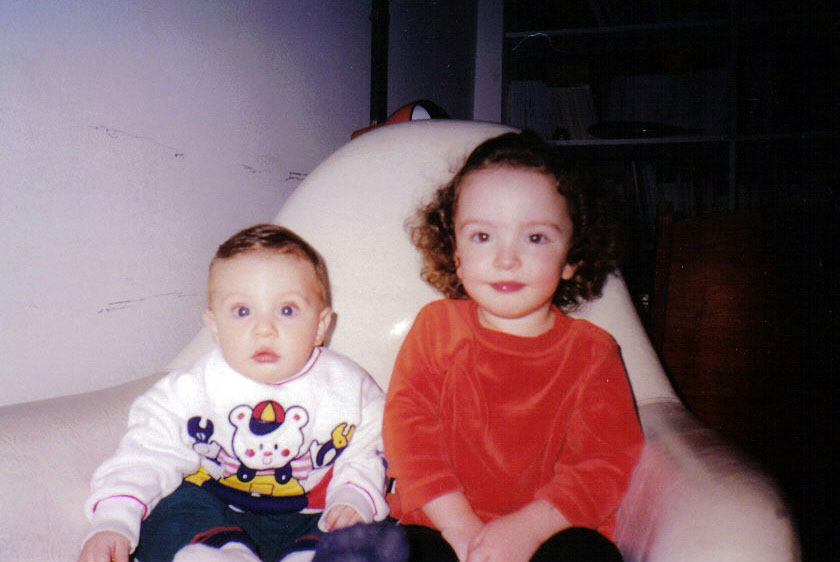
“Parentology” in Practice
I put my approach into practice more or less immediately upon becoming a father, throwing out my copy of Dr. Spock and instead conducting a series of experiments on my two young children, now 16 and 14. No, I didn’t raise one in the woods with wolves and the other in a box. But I did give my children weird names — E (my daughter) and Yo (my son, full name: Yo Xing Heyno Augustus Eisner Alexander Weiser Knuckles) — to teach them impulse control. Evidence shows that kids with unusual names learn not to react when their peers tease them (at least in elementary school). What’s more, a 1977 analysis of Who’s Who by psychologist Richard Zweigenhaft found that unusual names were overrepresented, even after factoring out the effect of social class and background.
My son's name: Yo Xing Heyno Augustus Eisner Alexander Weiser Knuckles
Meanwhile, after exploring the literature on verbal development, I decided not to teach my kids to read, but instead I read aloud to them constantly. It turns out that exposure to novel words, complex sentences and sustained narratives are what predict verbal ability later on, not whether a 4-year-old can decode words on a page. And the best predictor of later verbal skills is the number of total and unique words a child hears before kindergarten. Psychologists Betty Hart and Todd Risley observed how poor and middle-class parents interact with their toddlers. They estimated that the middle-class kids heard an average of 45 million words over a four-year period, while the poor children heard a mere 13 million. This difference, in turn, explained later achievement gaps. Unable to mimic Robin Williams and babble away, I decided the best thing was to read to my kids constantly. So while E and Yo were both behind their peers in reading in first grade, by fourth grade they had the best scores in their respective classes.
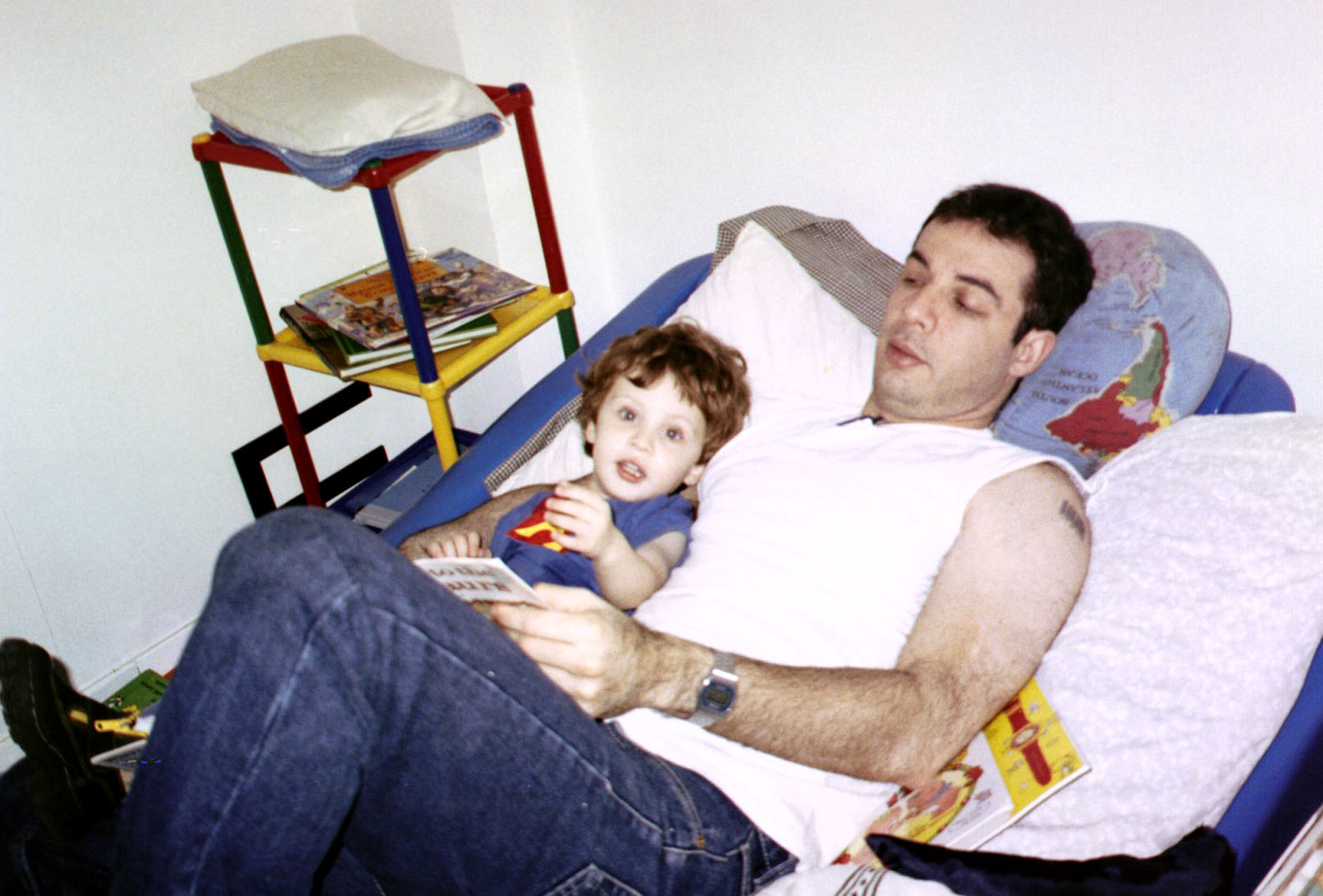
Of course, not all my experiments have been successful. (If they were all successful, they’d hardly be experiments.) When my son was 11, his school wanted to medicate him for what administrators suspected was ADHD. I thought there might be a way around it. Scientific studies reviewed by University of California, San Diego, professor Andrew Lakoff in 2002 show that psychopharmacological placebo effects are almost as big as those of the actual drugs. And even student-teacher interaction is not immune to such Pygmalion-like dynamics. In one classic 1968 study, researchers Robert Rosenthal and Lenore Jacobson lied to teachers, telling them that they had identified a new test that could pick out genius kids with remarkable accuracy. Then they randomly picked certain pupils and informed the teachers that these particular kids had aced the test. Lo and behold, when the scientists showed up a year later, the scores of the kids who had received the “teacher placebo” treatment had jumped 15 points in their actual IQs relative to the control-sample kids.

With this research in mind and fearful of the risks of actual medication, I lied to the school, his sister and my son himself, telling them all that I was giving him a powerful stimulant (when it was actually a vitamin), hoping that if they all thought he was calmer and more attentive, they would treat him as such and his behavior would improve. While his teachers noted an improvement in his concentration and behavior for a few weeks after I started my placebo protocol, he backslid — prompting calls from the school about his inappropriate behavior — and was ultimately given a formal ADHD diagnosis. The real stimulants worked. However, I did decide to experiment with only giving him the drugs during the school week (in order to mitigate against long-term effects and possible habituation to the drug), which has been successful so far.
Customizing to the Kid
As you can see, while knowing how to read the existing science is important, even more critical is being able to properly experiment on your own young. What works for one kid (or one population of kids) may not work for all, and your family may require customization in order to make a technique work or just to be comfortable with what you’re doing.
Even when there is a clear scientific consensus on, say, the importance of breast-feeding, we don’t often know the distribution of those effects. If a particular intervention — say, paying a child to do a half hour of math a day, like I did — is shown in a randomized, controlled trial to raise math scores by 20%, that could mean that all the kids in the bribery group saw their scores jump by a fifth. Or it could mean that for 80% of the kids, the bribes did not make a whit of difference, but for 20% it doubled their scores. This is what researchers call heterogeneous treatment effects.
Even when there’s research on a topic, you can’t be sure how it will apply to your own kids. You need to experiment.
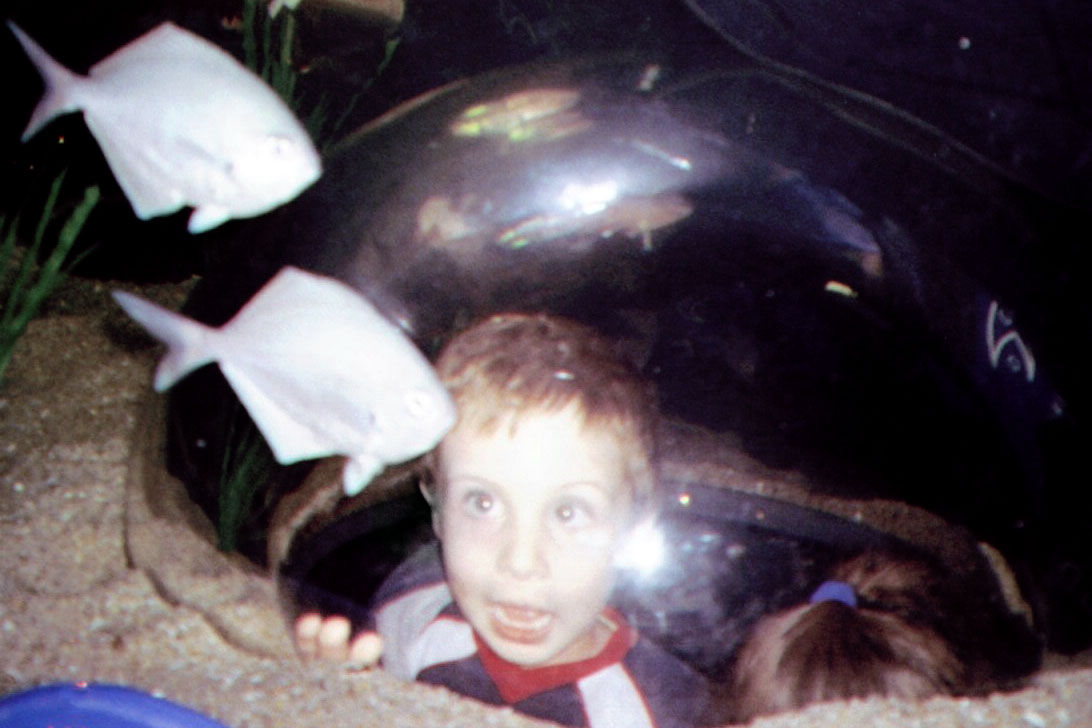
Other times, results vary across studies and methods. One 2005 study of Mexican families found that cash rewards that were conditional on school attendance were hugely effective in improving child outcomes such as health and educational attainment. But an effort to replicate this in New York City showed only minor educational benefits in 2009. And a third study, published in the Review of Economics and Statistics in 2010, focused on elementary-school students in Coshocton, Ohio, found that it worked to pay the students themselves (as opposed to their families) based on how well they did on outputs (i.e., test scores). But the largest U.S. study of all — conducted in 2011 by Harvard economist Roland Fryer in Chicago, Dallas, New York City and Washington — found that when rewards were focused on outcomes like passing tests, they failed to produce meaningful improvements. But in that study, when the rewards were based on performing input tasks like reading a book or being on time to class, then they worked. (Even in this study, however, results were not consistent across cities, age groups or race.)
In short, even when there’s research on a topic, you can’t be sure how it will apply to your own kids — so it’s necessary to embrace experimentation. While I may never know what explains why some studies found big gains from bribery and others failed to, I was able to bribe both my kids to do extra math. I simply adjusted the rewards to fit the kid (something that would be impossible for researchers to do in a big study). As a parent, I could play on my son’s love of video games to offer a minute-for-minute swap of online math problems in exchange for World of Warcraft time. For my daughter, the enticement was gummy bears.
I did worry that by providing external motivation in the form of bribery, I might erode their internal motivation for mathematics, as some psychology research has suggested can happen. But that was a risk I was willing to take because — unlike with reading, for instance — they weren’t exactly clamoring for math problems. Here was a case of customizing the existing research to one’s own children. I may or may not have eroded their internal motivation to do math (and I doubt either will end up a professional mathematician), but at least they passed the big tests they needed to in order to get into high school.
How to Know What Matters
Lots of folks think being a scientist is knowing a bunch of esoteric facts that fit together, like how the Earth’s tilt causes the seasons or what mitochondria do or how, exactly, light can be both a wave and a particle. But the scientific method is what’s most important — especially when it comes to parenting. Particularly important, especially for middle- and upper-class parents, is knowing how to read a study and sift out causal relationships from the chaff of mere correlations. (It turns out a lot of great outcomes are correlated with being born in good economic circumstances to well-educated parents, but you want to figure out how to cause better outcomes.)
For instance, take my educational choices for my kids — or, more accurately, their choices. That is, after all the extra math prep I bribed them to do to get them into Stuyvesant (the prestigious New York City high school that students must test into), I allowed them to decide if they actually wanted to go or not.
To assuage my own anxieties, I just keep reminding myself just how unimportant going to Harvard really is.
This may seem, at first blush, to be more like 1970s-style laissez-faire parenting. But actually I was following the latest cutting-edge research in ceding educational choice to my kids. Two studies by economists Stacy Dale and Alan Krueger in 2002 and 2011 showed that if you are white and middle class (which we are), it does not make a difference where you go to college. While it is true that graduates of more-selective institutions fare better in terms of income and wealth later on, compared with graduates of less selective schools, it turns out that this is an artifact of what we scientists call selection bias. It’s not that Harvard is adding so much value to your education as compared with the University of Nebraska — it’s that Harvard admissions is good at picking winners.
This research was about college, but my intuition that it also applied to high school was confirmed when MIT economist Joshua Angrist obtained the data from the selective exam-admission schools in Boston and New York City. He examined the data for what we call regression discontinuities. The logic is the following: if the cutoff to get into Stuyvesant is, say, 560 in a given year, then it is really pretty random whether an individual scores 559 or 560. It could be the difference of a good breakfast or a single vocabulary word that was in one kid’s stack of flash cards by chance. In other words, it probably does not reflect a major difference in innate ability. But the consequences of that point difference determine which school the kid ends up attending. By comparing two groups — the one just above and the one just below the line — we can see how big the “treatment effect” of attending the “better” school is. And it turns out not to matter at all, in either Boston or New York.
So, though both my kids gained admission to the most prestigious math and science high school in the country, I let them choose whether they went there or not. I figured, with no overall treatment effect, why not let them go where they sensed they would feel the most comfortable? They knew what environment was best for them. My daughter turned down her offer of admission, while my son decided to go. I, meanwhile, am taking notes to see how this next phase of the experiment turns out. (She is a sophomore and he is a freshman.) Meanwhile, to assuage my own anxieties, I just keep reminding myself just how unimportant going to Harvard really is.
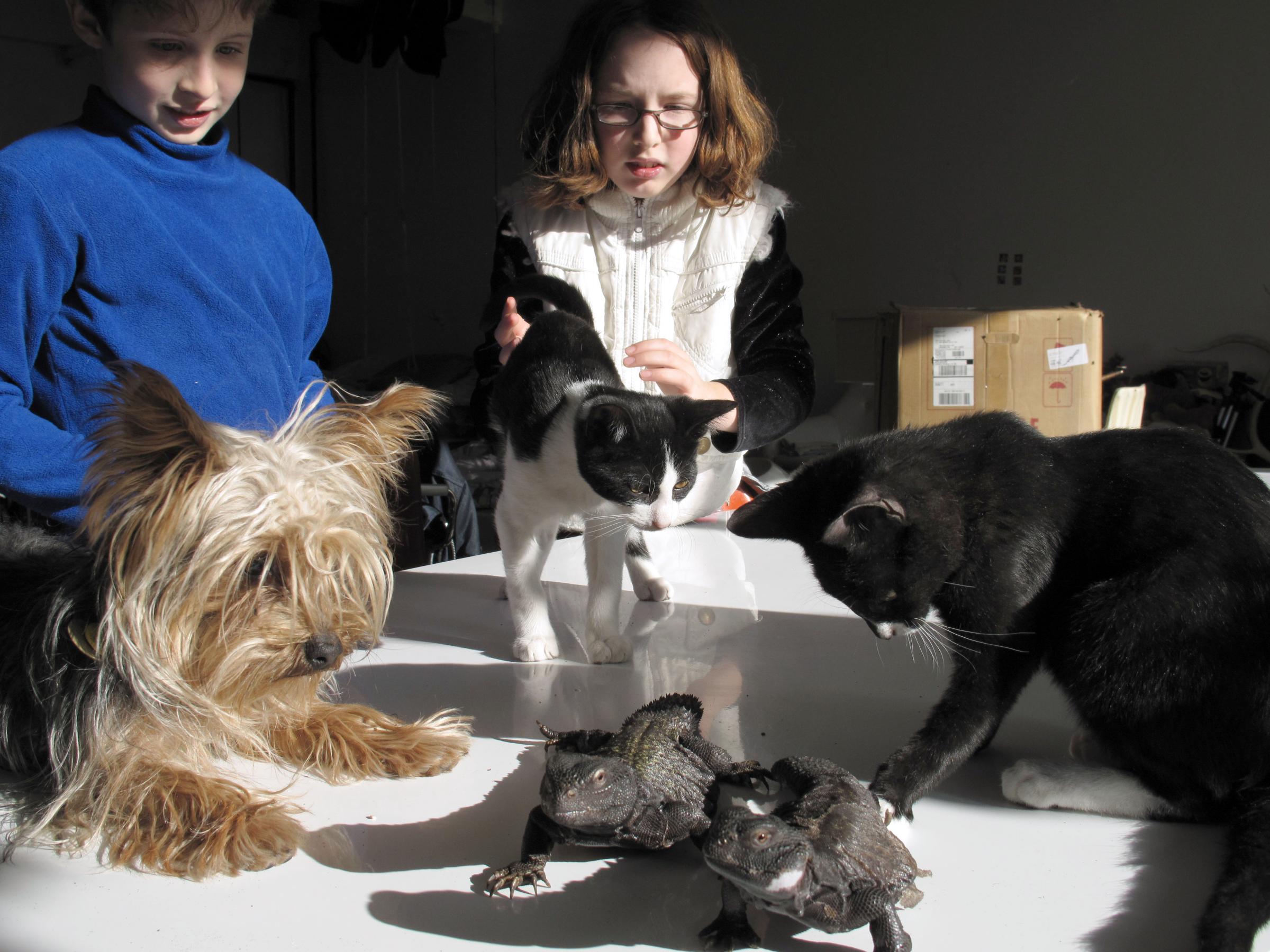
The Path to Enlightening Kids
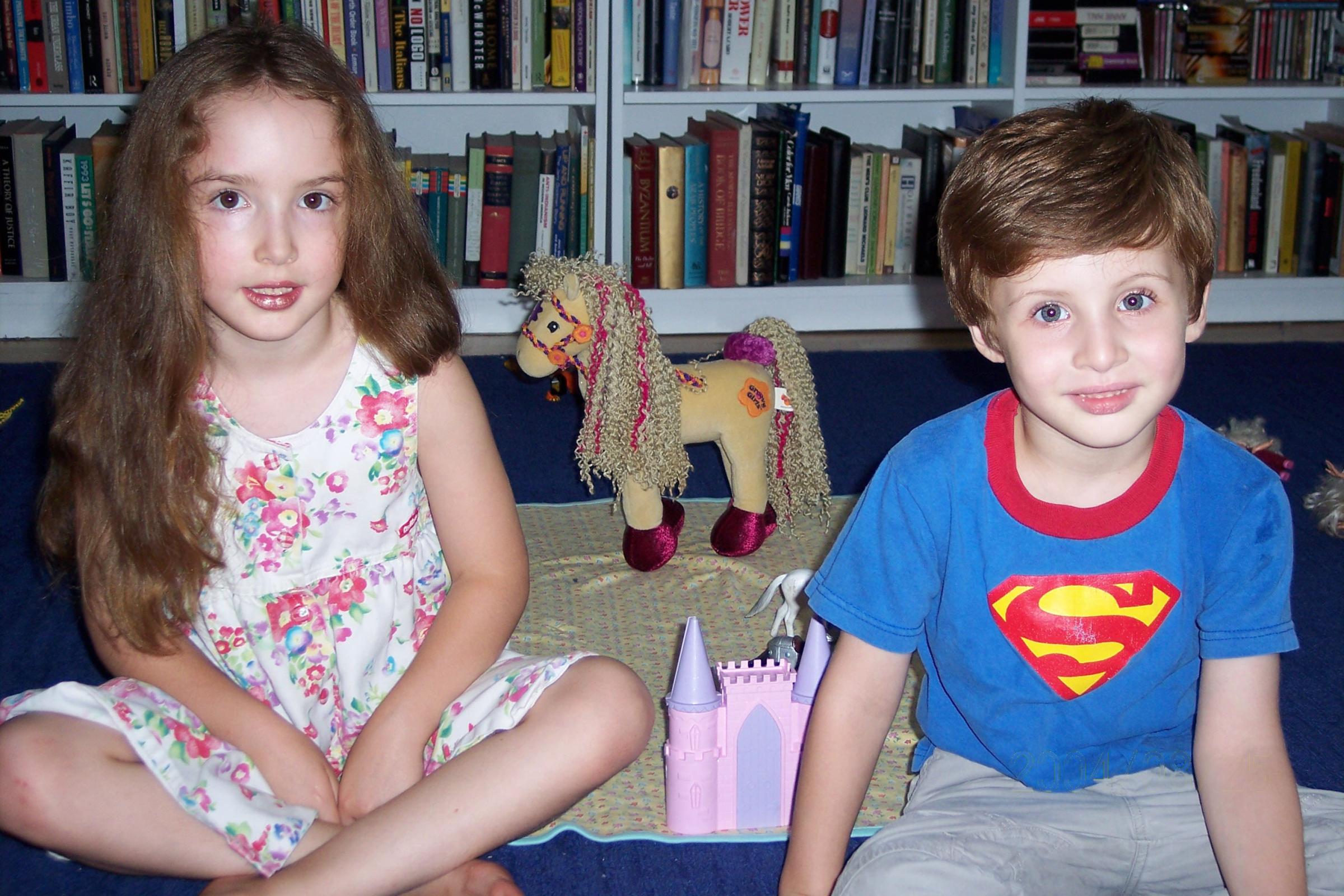
Finally, perhaps the most important part of parentology is to involve the kids themselves. Whether that means discussing the research about standing desks and their role in preventing obesity, giving them an opportunity to help design the experiment or debriefing them about its results (like when I confessed to my son that I had been giving him a placebo and not the real ADHD medication), the teachable moment is, actually, the most valuable part of the entire experiment.
Having a kid who knows how to separate out causation from mere correlation is more important than having one who can memorize a list of amino acids or Egyptian pharaohs. This is the real goal of experimental parenting: indoctrinating one’s kids into the Enlightenment way of thinking. Helping them learn to question — not authority necessarily: this isn’t 1960s hippie-dippie parenting, after all — but knowledge itself.
Turn your rug rats into lab rats — they might not go Ivy, but they'll be a lot more fun.
So, where tradition fails us (after all, what does the Bible have to say about kids and cell phones?), we can and should resort to the scientific method. Hypothesis formation, trial, error and revision. That is, we should experiment on our own kids.
Worried that screens may be disrupting your teen’s sleep? Do a controlled study in which you take the iPad away at night for two weeks and chart what happens. Want to encourage better study habits? Set up a marketplace for grades or effort and fine-tune the rewards and punishments in real time. Want to exercise the self-discipline muscles of your kids’ brains? Make them wear a mitten on their dominant hand for a couple of hours a day. Want to boost their performance before a big test? Prime them with positive stereotypes about their ethnic and gender identities. Today it is easier than ever — with Google Scholar and the like — to immerse oneself in the most cutting-edge research and apply it to one’s kids.
Like with patient-driven medicine, in which informed patients advocate to their doctor rather than just passively receiving information, I predict that American parents and their children will increasingly shun authorities — even good old Dr. Spock — and instead interpret and generate the scientific evidence for themselves.
Rather than a rigid formula of 10,000 hours of violin practice or a focus on a single socially sanctioned pathway to success, American parents should pursue an insurgency strategy: more flexibility and fluidity; attention to often counterintuitive, myth-busting research; and adaptation to each child’s unique and changing circumstances.
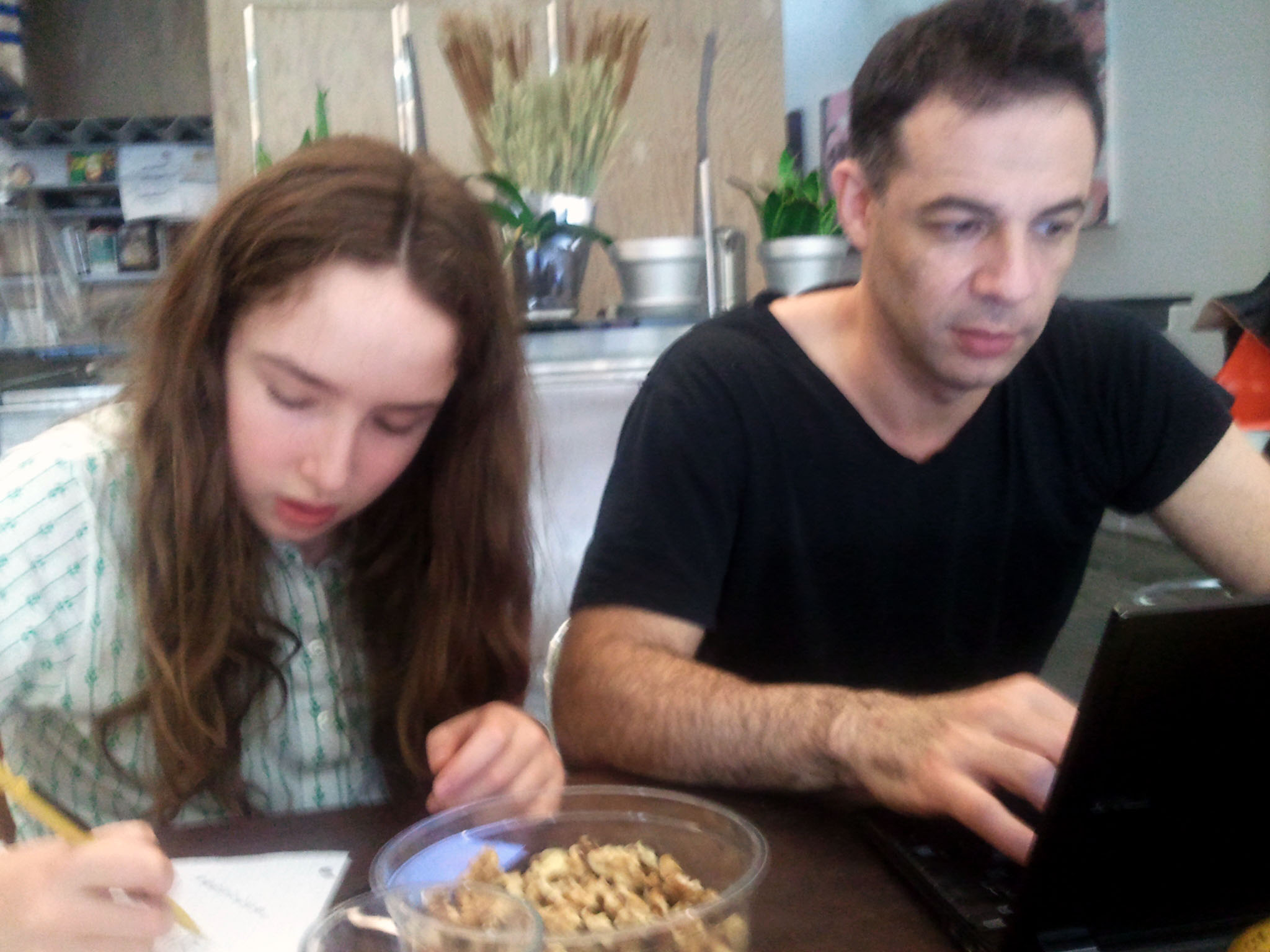
If you approach your rug rats this way, by turning them into lab rats, I can’t guarantee they will get into Columbia. But I can predict with statistical confidence that they will be creative, fulfilled members of society and that you will have a lot more fun raising them along the way.
Dalton Conley is a professor of sociology and medicine at New York University and author of Parentology: Everything You Wanted to Know About the Science of Raising Children but Were Too Exhausted to Ask.
Parentology Quiz
More Must-Reads From TIME
- The 100 Most Influential People of 2024
- The Revolution of Yulia Navalnaya
- 6 Compliments That Land Every Time
- What's the Deal With the Bitcoin Halving?
- If You're Dating Right Now , You're Brave: Column
- The AI That Could Heal a Divided Internet
- Fallout Is a Brilliant Model for the Future of Video Game Adaptations
- Want Weekly Recs on What to Watch, Read, and More? Sign Up for Worth Your Time
Contact us at letters@time.com